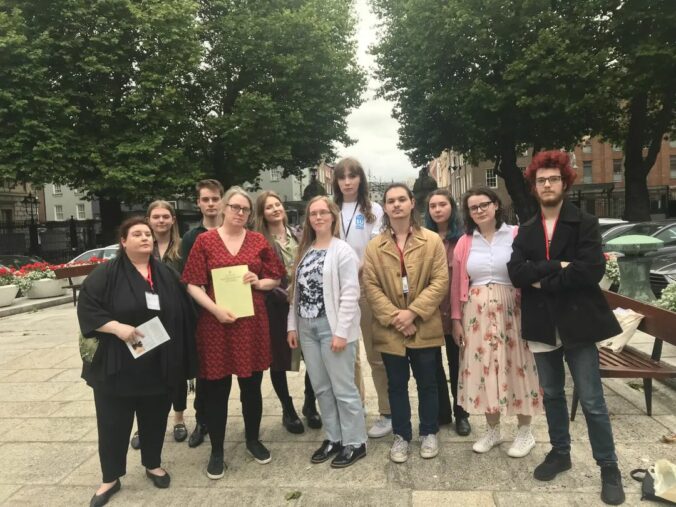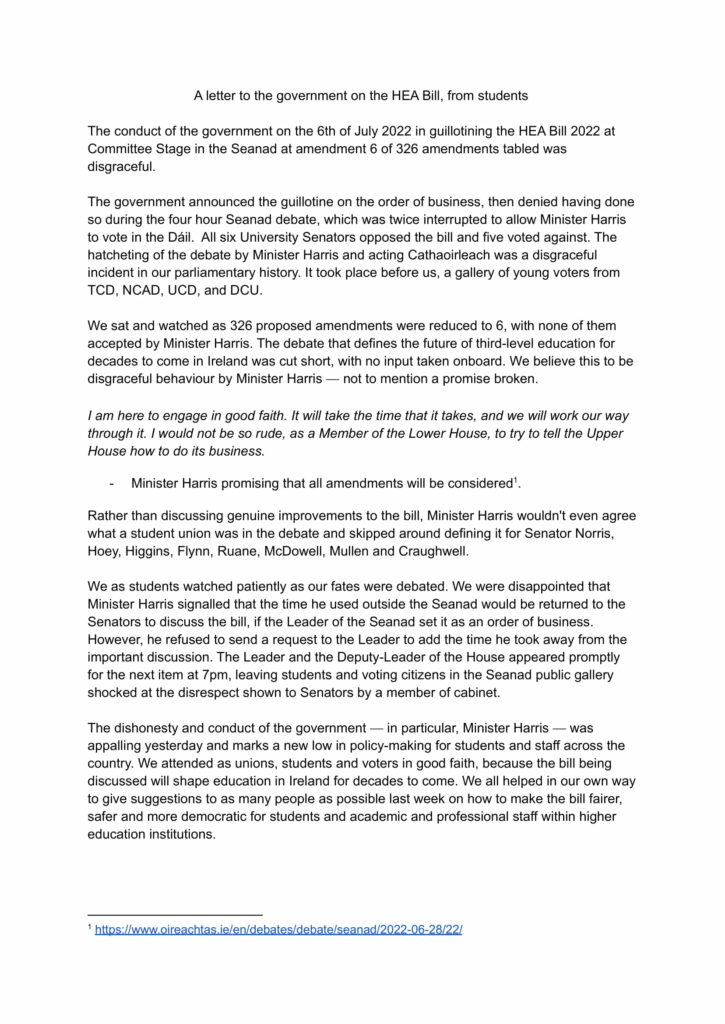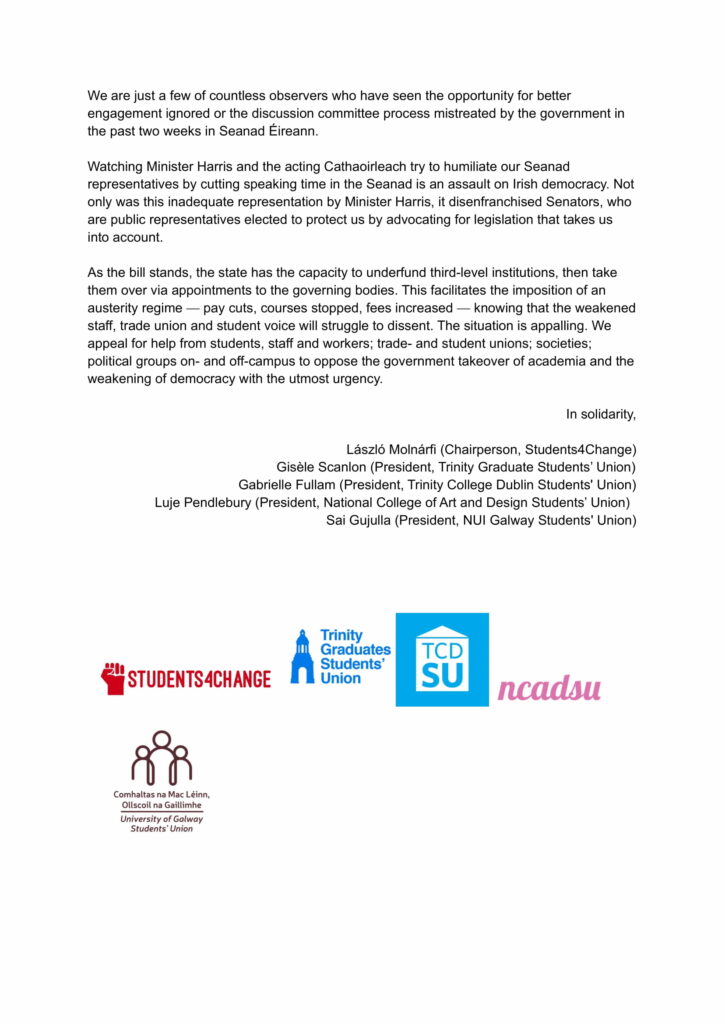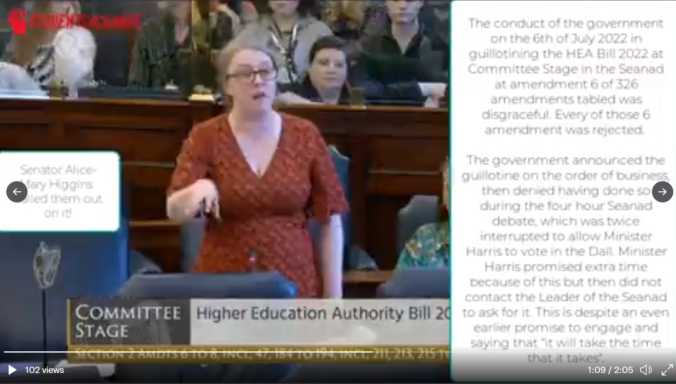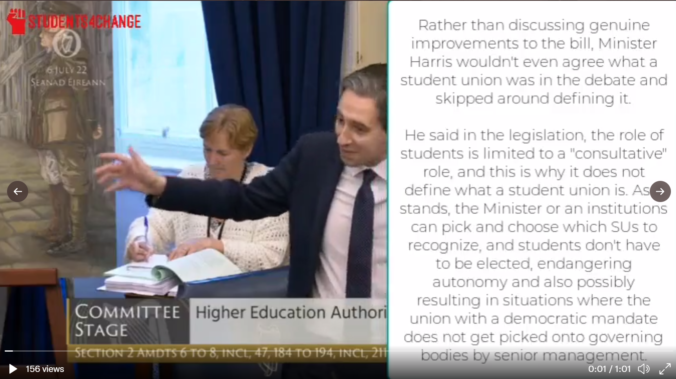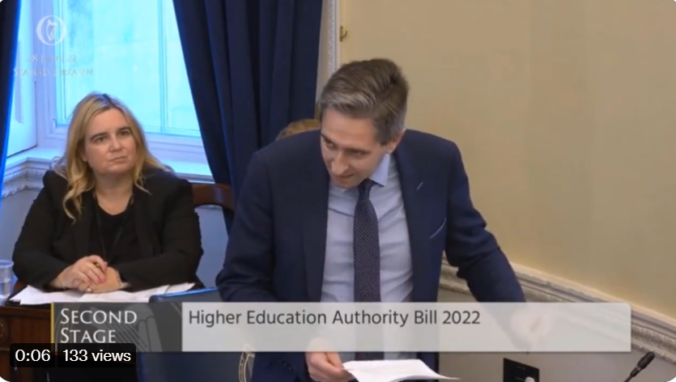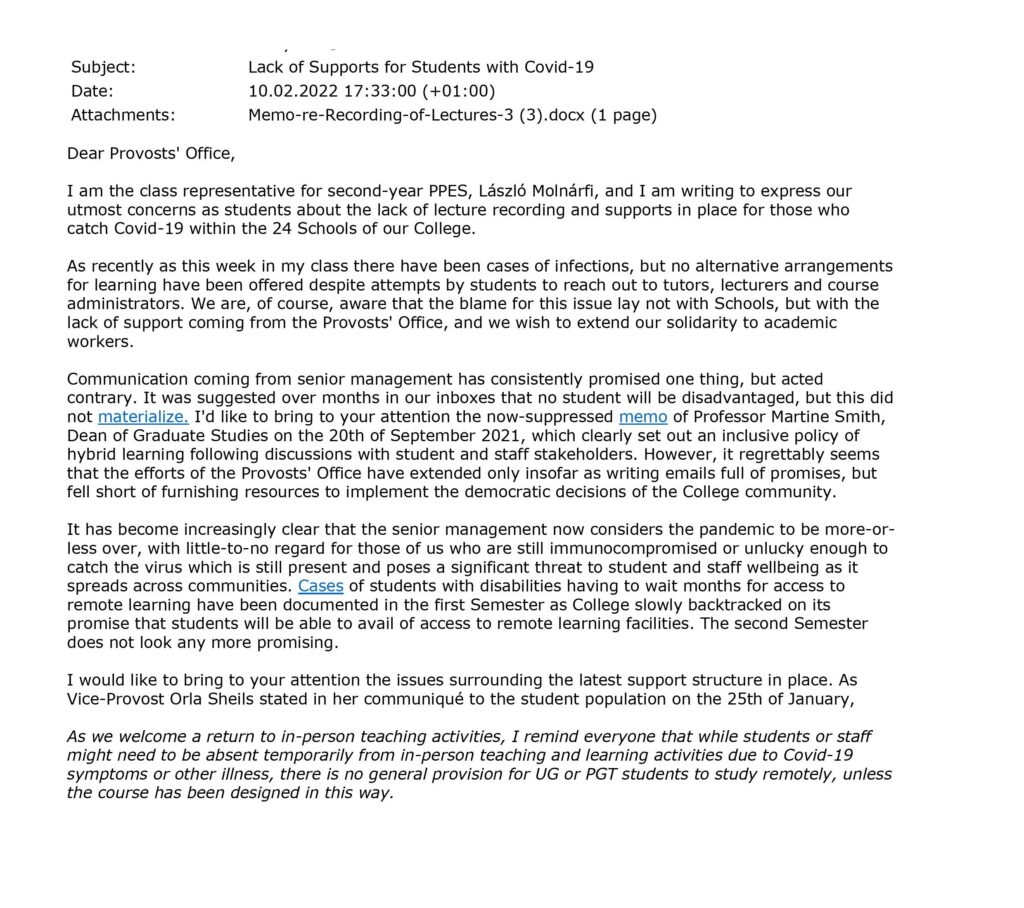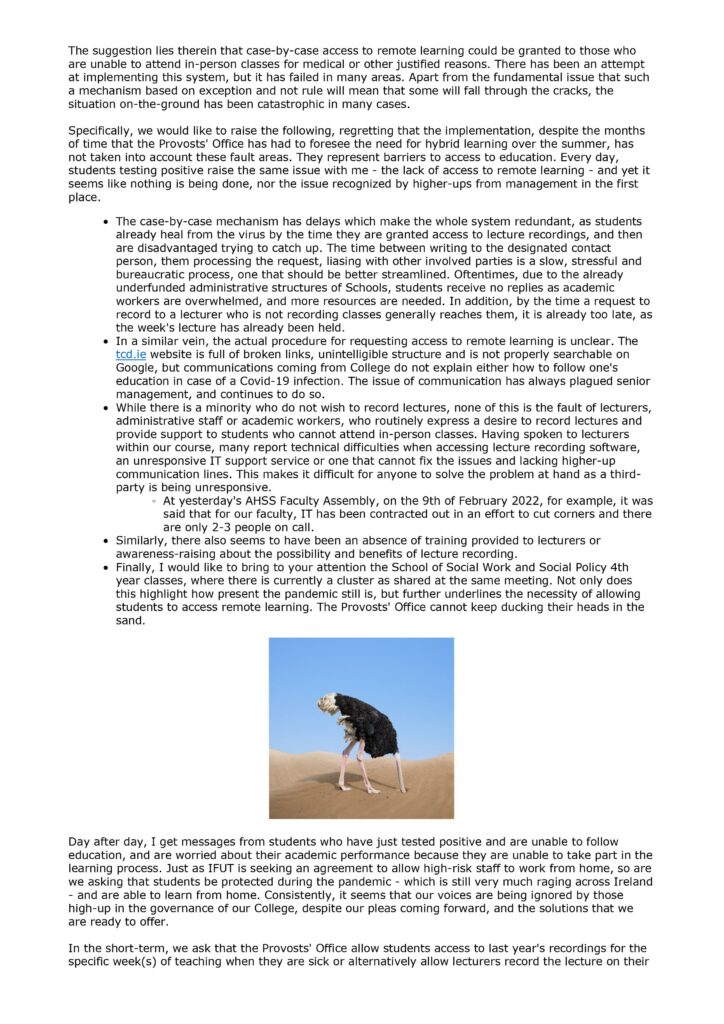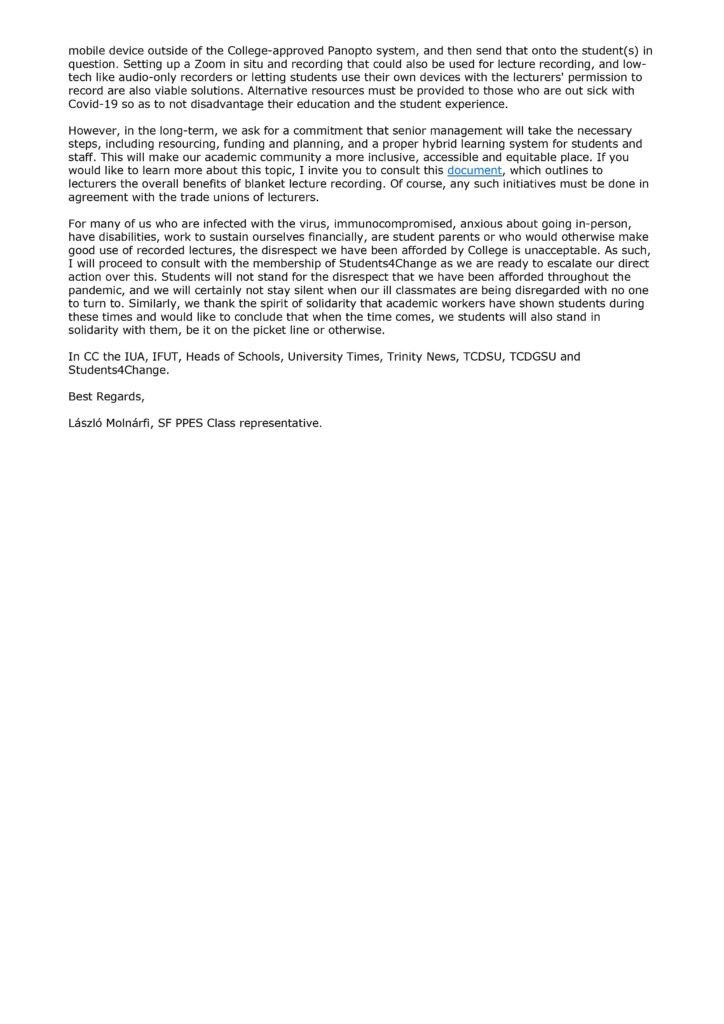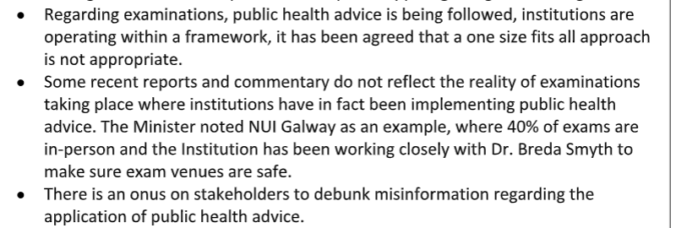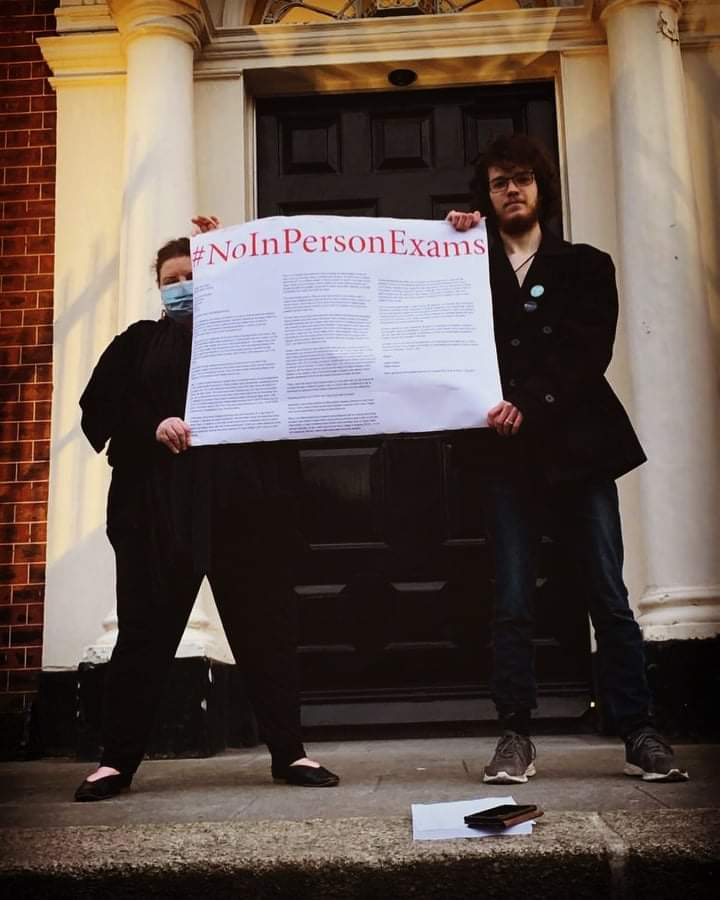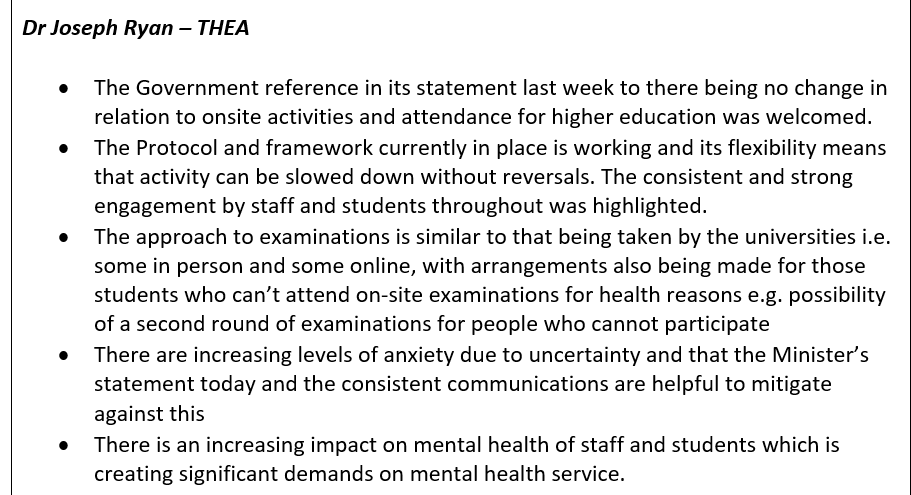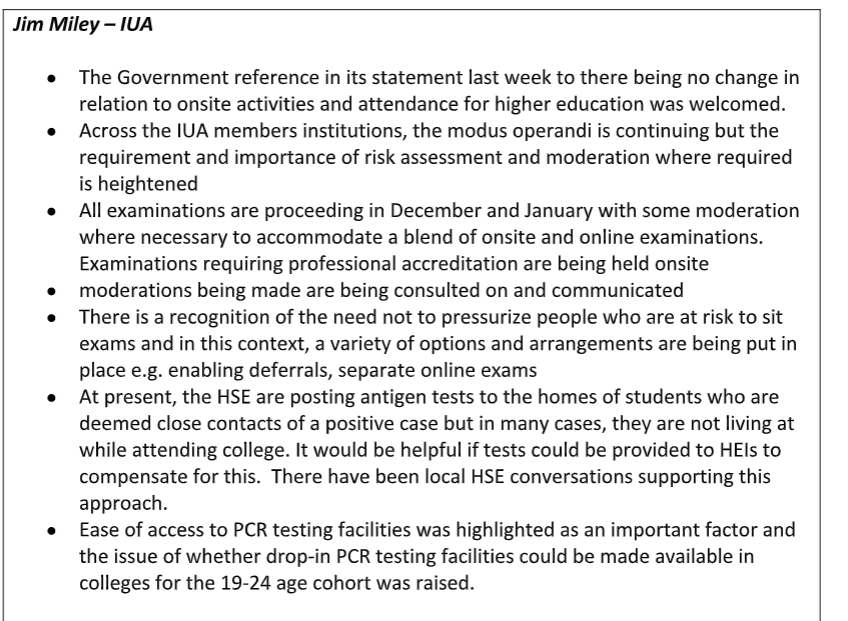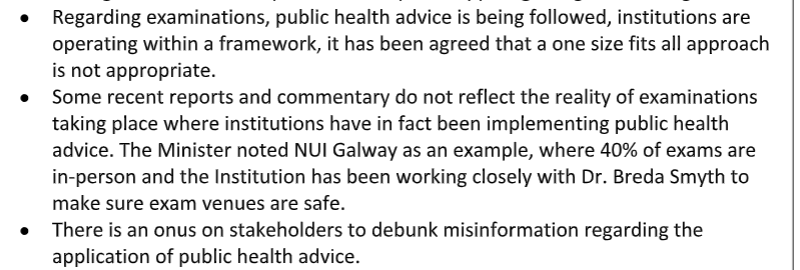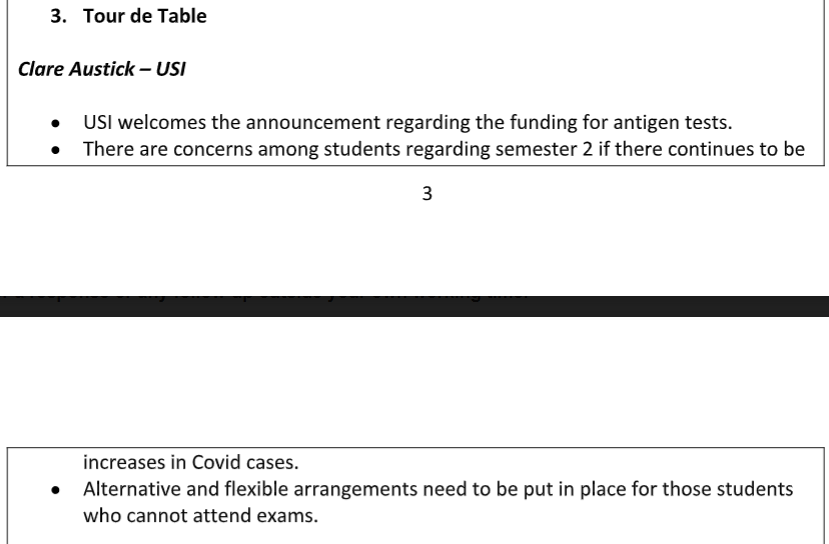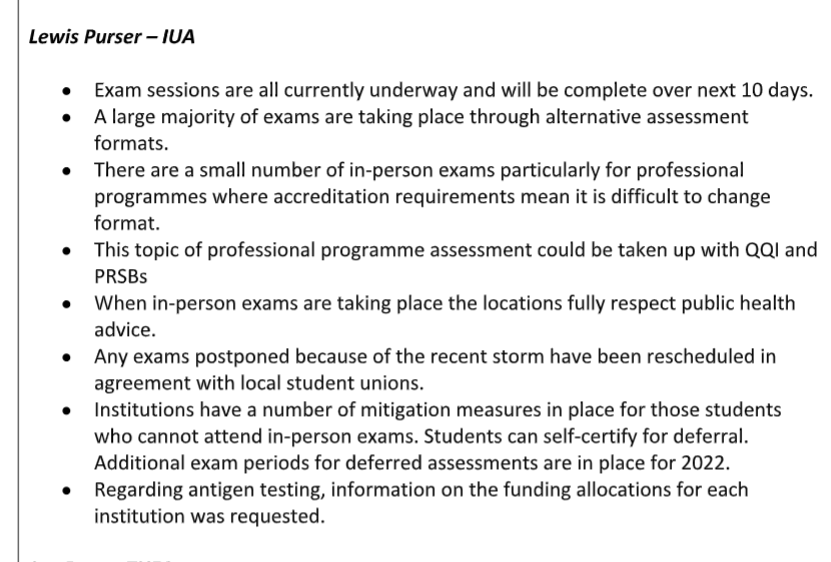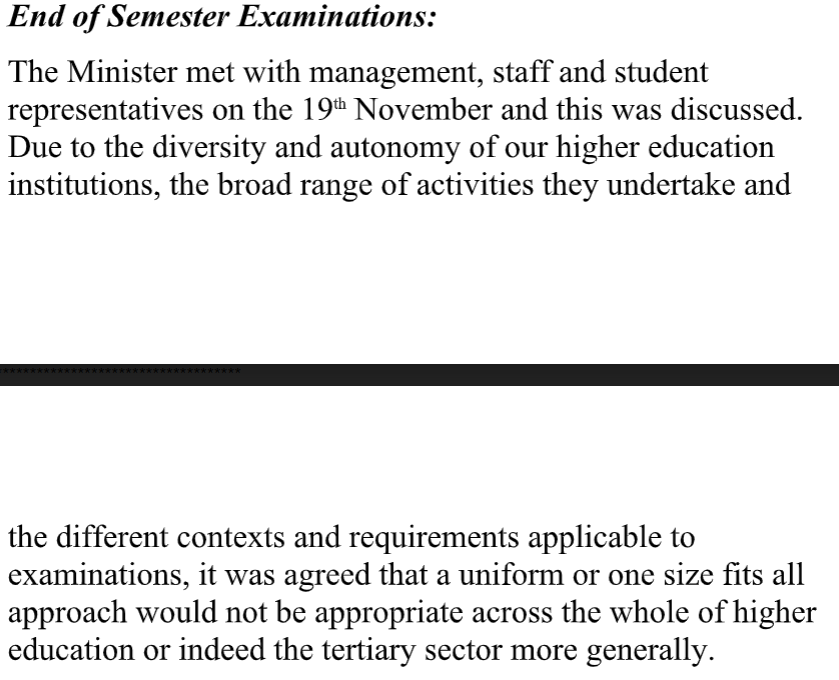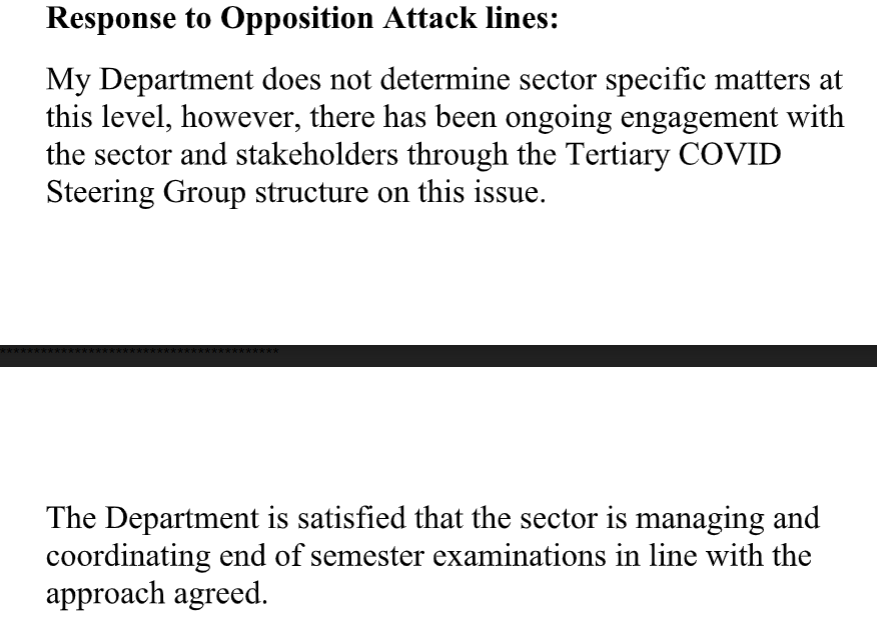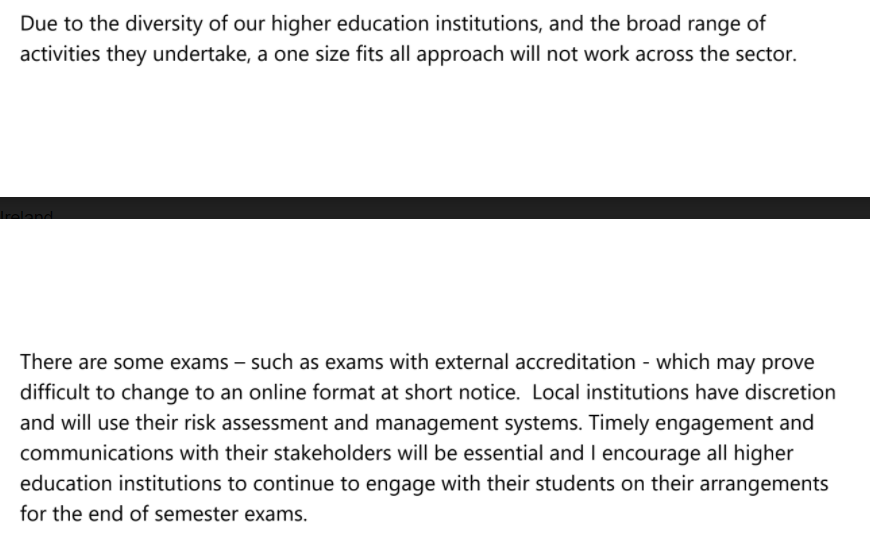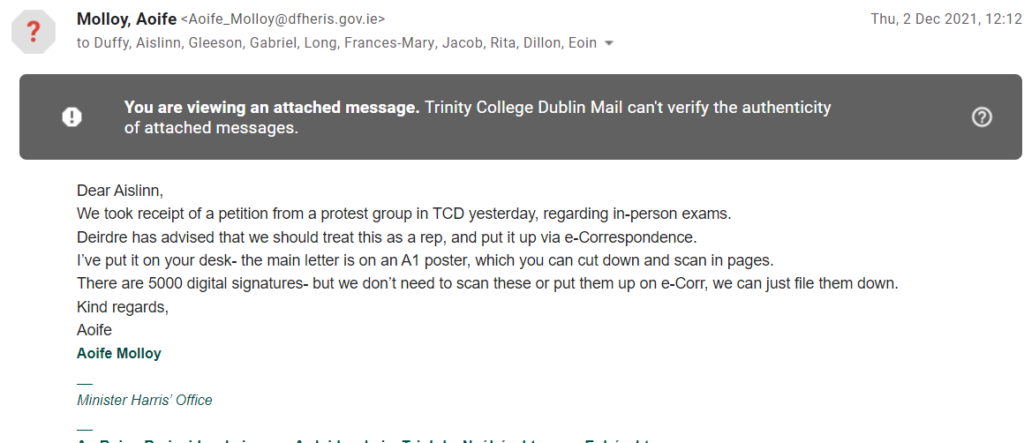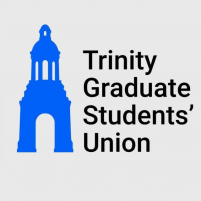While issues such as the housing crisis, sky-high tudent fees and underfunded College services affect all students, international students are especially hard-hit.
In 2020-2021, there were 2,509 registered non-EEA students at Trinity College Dublin, making up 13% of the student population. They account for 10.6% of the undergraduate population and 23.21% of the postgraduate population. They pay tuition fees up to €37,613, with most non-EEA fees being higher than €20,000. “The fees go up every year, ” says an international student.
On top of this is expensive student accommodation. Foreign students arriving into Dublin are practically forced either into public or private student accommodation due to not knowing the local rental market.
As reported in the Irish Independent (August 18th 2021), the cost of College can reach up to 14,000 euros a year. This has resulted in the growing inaccesibility of education. 4 in 10 college students say they struggle to afford living expenses, while 88% report worrying about money, according to a survey by SpunOut alongside the Irish League of Credit Unions in 2021.
According to the “Quarter 3 2019 Progress Report on the National Student Accommodation Strategy” report published by the Government of Ireland, from 2016 to 2019 a total of 8,229 bed-spaces were built for student accommodation across the country.
Out of those 8,229 bed-spaces, a staggering 6,900 representing 83% were privately financed. The Irish government has a heavy reliance on the private sector to build student accommodation with only 4 out of 32 sites being built by Universities.
More than 90% of these are only available for 840 € per month or more. This is the type of accommodation that international students are ‘forced’ into.
We all hear the stories of foreign students living in hostels or struggling to afford three meals a day. These issues, of course, affect all students, with the Students’ Union of University College Cork having to open a food bank in October 2021. However, international non-EEA students are affected even worse, due to the high tuition fees and accommodation costs.
In addition, international students have to pay for extra administrative procedures such as 300 € for Visa registration and for healthchare. Since international students do not have European health insurance, they must pay for General Practicioner (GP) visits at a rate of 65 € per session.
“We pay our 20ish thousand euros, plus an administrative fee which is around 250-300 euro for Trinity, then the 300 euros for immigration. Students from India need to pay more as they need an actual Visa. In addition, we are required to get Irish health insurance (even though we have one already), which is like 200-300 euro. We also have to have an Irish bank but have to take our loans in our home country so we loose thousands because of the exchange rate, ” says one student from the U.S.
“Lot of international students, especially American students, pay almost exclusively through student loans which are borrowed from the government and private corporations with massive loan interests. So for us we’ll be paying it off for the rest of our lives, because we don’t have debt forgiveness.
What’s upsetting is that the quality of the education is so poor for the high price that we’re paying, to be honest. And there’s no reduction in fees at all for the past 2 years of online lectures. Like I had to pay so much to travel back and forth from the U.S. to Ireland hoping that I would have in person classes and paying for accommodation here off-campus, because there weren’t enough spaces for international students on campus. We are only allowed to borrow a certain figure per year for our cost of attendance, but it doesn’t change to reflect the high costs of accommodation off campus. So last year I had to leave Ireland months early because I couldn’t afford to pay the remaining sum for my private accommodation, let alone feed myself.
In light of covid, we were essentially left to our own devices to “teach ourselves” more than ever, which I just rationally can’t justify spending 20k for, ” says an international student.
Recently, TCDSU allocated €30,000 from its Higher Education Authority fund to be allocated to support international students’ recovery from the pandemic.
Due to government underfunding, College have taken to using international students as cash cows. In 2019, Trinity College Dublin spent 1.4 million € on international student recruitement from all over the world. For example, there is the Trinity Centre for Asian Studies, aimed at recruiting Chinese students.
In fact, the funding model for specific Schools, the so-called the Baseline Budgeting Model (BBM) entails that however much an individual School manages to recruit in terms of student numbers is how much they’ll get in funding. As per the 2018-2019 Financial Accounts of the College, the College’s Global Relations Strategy 3, the strategy is to further internationalize the College by achieving a “growth in non-EU student numbers from 17% to 18.5% by 2025“.
The more diverse a University is, the better. But we shouldn’t treat our international students like second-class citiziens.
Due to their immigration status, and the lack of immediate family members and expensive access to the Irish healthcare system, international students are 2.5 times more likely to visit the College Health Service. Non-EEA use the psychiatrist 4.5 times more than Irish/EEA.
However, waiting times are long as College services are underfunded. It was reported that last year, during the build-up to exams, counselling services averaged wait times of 40+ days, and last month in November, a student would have to wait one month to get an appointment at the Health Service, according to an international student speaking to Students4Change who was told on a phone call with the Health Service.
“I can confirm having to use the College Health Service more than most. And it’s nearly impossible to get an appointment,” says another international student.
“And the college mental health services are just appallingly lacking. I had a mental health breakdown last year and I wasn’t able to secure appointments until 3 months later, and the neccesary medication until 4 months later,” they continue.
Due to 1.5 years of online learning, language barriers have intensified, which is why Students4Change and the GSU have asked for students to be allowed to use dictionary at in-person exams, as some of us have only ever done online with spell checkers, etc.
In order to get a Visa, one must pay the 300 € registration fee and prove that they have 3,000 € in their bank account to support themselves. The Visa that incoming international students have is the “stamp 2”.
There have been improvements and many are working on reforming the system . Last year, some international students could not go home for Christmas as there were very long waiting times at the Irish Naturalisation and Immigration Service (INIS) and since the government takes the passports of international students while their “stamp 2” Visas are being prepared. This has been fixed, but reveals a further pattern of discrimination.
On March 16th of last year, Trinity instructed all of its residents in Kavanaugh Court to vacate their rooms – giving international students just 48 hours’ notice – before admitting a day later it was “not in a position” to instruct those living in the privately owned accommodation to leave.
But many students living in Kavanagh Court had already booked flights home by the time Trinity acknowledged it did not have the authority to tell them to move out.
They were offered partial refunds, but this incident just shows how little consideration is given to international students as a separate cohort with their own issues and unique situations.
Issues still remain around Visa processing. For example, there are limitations on work. An international student may only work 20 hours per week during the academic term, and 40 hours per week during the holidays. During the holidays, they are a source of labour to make up for the loss as Irish workers go home to their families, whereas international students may not be able to or may not celebrate e.g. Christmas. There is also a black market which employs underpaid and over-exploited international students as per the Irish Council for International Students (ICOS).
In addition, after graduation, an international student can stay in the country for two years to find work. Once they find work and two years pass, their “stamp 1g” visas expire and companies have to ‘sponsor’ them (basically take responsibility for their stay, which they do not want to do). Therefore, they have to go back home despite having built a life here for years. A solution would be to have the years studying and working count towards citizenship (be “reckonable”).
PhD students by default face challenges due to not being on proper employment contracts (but casual contracts) at Universities for the most part, and are underpaid and lack job security.
Non-EEA PhD students (who are also not classified as workers despite being so) are intersectionally more affected by the issues that non-EEA international students face, and that PhD students face.
Students4Change has learned this after attending a meeting of the Non-EEA PhD Students’ Society. For example, non-EEA PhD students tend to be older, so they might have their spouses or children with them. Despite Non-EEA PhD students’ contributions to research and development in Ireland, their spouses are not allowed to work (so they have to e.g. sit at home for years) and their children are not allowed to go to public school, putting further financial pressure on the family as they are forced to pay for private schools.
“With the recent increase in rents, most of us have either to put in additional 20hrs per week to meet living expenses,” says one of their documents. They have a petition ongoing (linked here) – please sign and share.
